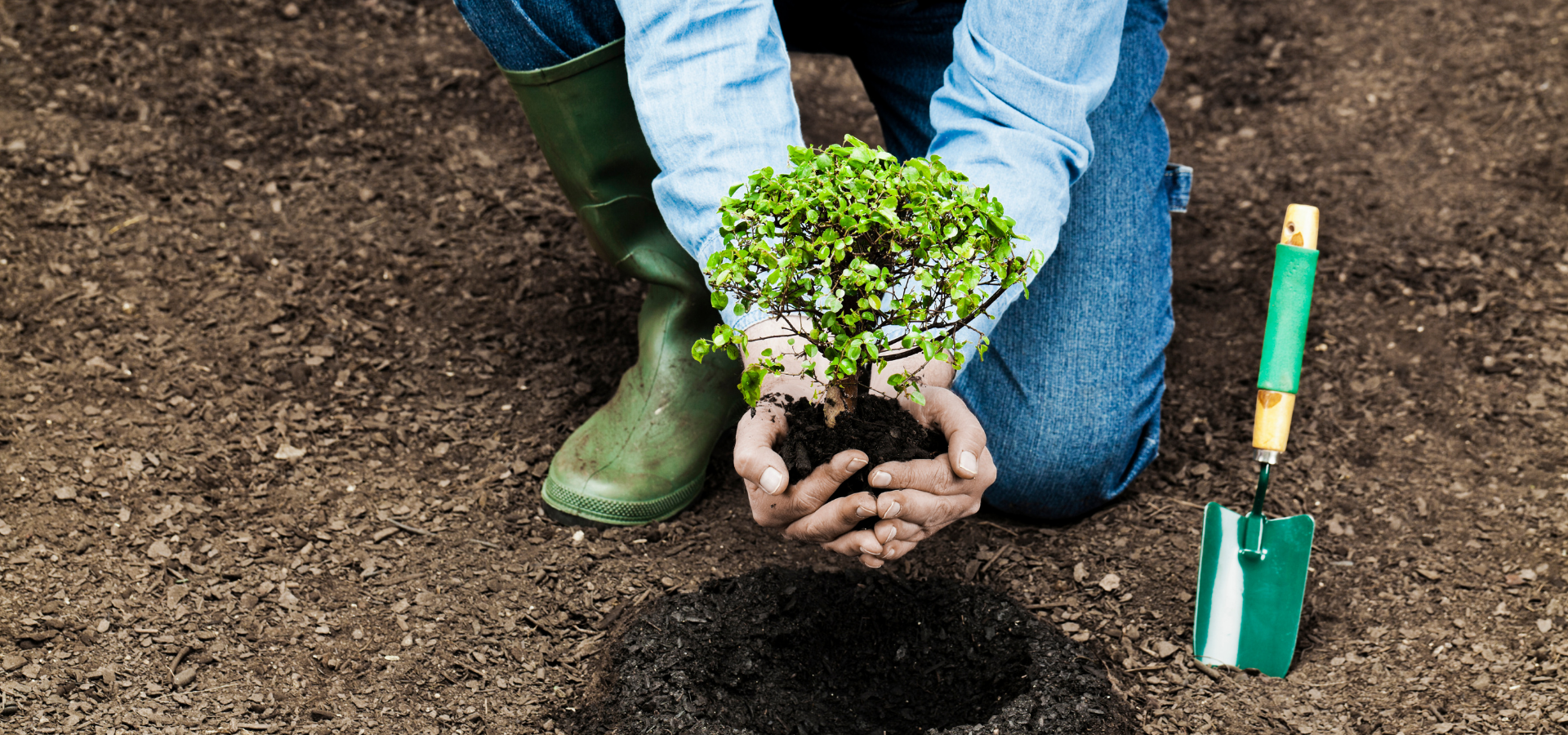NEWS

IN BRIEF

As Pakistan endures record-breaking heatwaves, the urgency to rethink our urban and environmental landscapes has never been clearer. In this compelling thought piece, Momal Nawab outlines how deforestation, urban heat islands, and climate inaction are fueling a public health and environmental crisis. But amidst the crisis lies a simple, scalable solution: planting trees. From corporations and households to schools and youth-led campaigns, she argues that tree plantation is no longer just an act of environmentalism—it’s a strategy for survival and resilience in the face of climate change.
SHARE
Pakistan is battling a severe heatwave, with temperatures soaring to 50 degrees Celsius or higher in areas such as Jacobabad, Sibi, and Nawabshah. Cities like Islamabad have also recorded their hottest day in decades, with temperatures rising to 45 degrees Celsius. Previously, the heatwaves were typically limited to the southern districts of KPK, such as Dera Ismail Khan, Tank, some areas of Sindh, Punjab and Balochistan. However, this year both the mountain range and plain areas are experiencing severe heat waves. Major cities like Karachi and Lahore are experiencing the Urban Island Heat effect, meaning that the concrete jungles that we have made out of these cities absorb heat throughout the day and release slowly at night, making the days and nights both unbearably hot. This is an alarming situation for a country that is already one of the most affected by climate change. While the temperature continues to rise, the factors behind this surge are quite well known.
In a research paper published by the Pakistan Institute of Developmental Economics (PIDE), Pakistan has lost almost 20% of its forests in the past 24 years and has the lowest forestation rate in the world with 27,000 hectares of land cleared every year for different purposes. The main reason behind this is rapid population growth, urbanization, poverty, and shortage of energy, such as gas, which compels the population to go towards the cutting of trees. Pakistan has been placed as the most affected country by climate change in the Global Climate Crisis Index 2025. Now is the time to act smart and find the solutions to combat the heatwaves. Research has shown that trees and plants can cool down the temperature by several degrees in the surroundings through a process called evapotranspiration, where plants release water vapors into the air, which cools down the environment. This act of planting trees is simple and profoundly impactful in making the environment breathable with fresh air and also shielding the urban spaces from severe heat waves. Tree plantation is not just an environmental act; it is a solution to survive. Planting trees can make cities breathable by attracting rain, storing carbon, providing fresh air, and reducing heat absorption. The need to green our surroundings is not just a government responsibility, it is a shared mission that must be adopted at every level of society.
Corporations, whether big or small, can play a powerful role in this transformation. Every corporate sector building should have a greening agenda which should include office buildings covered in green walls, rooftop gardens with plants and grass, and parking lots shaded with native trees. Along with making the space aesthetically pleasing, they reduce heat absorption, offer cooling for employees and customers, and reflect a genuine commitment to climate responsibility. Businesses can initiate monthly plantation drives, encourage employees to plant and care for a tree, and incorporate green spaces in every new construction plan. It’s time for CSR to evolve into Climate and Sustainability Responsibility. Beyond the environmental, social, and health benefits, green spaces have significant economic value. A study conducted by The Nature Conservancy found that every dollar invested in urban green spaces returns $4.20 in benefits.
Along with corporations, public facilities like schools, hospitals, bus stops, etc. also have a social responsibility to contribute to the green spaces. Schools should have green grounds with trees and grass and should engage the students in tree plantation activities to instill a green mindset. The hospitals can have small sitting areas covered in trees that can also help release stress and freshen up the minds of the patients and their families. At bus stops and along the roadside trees provide shelter, and therefore planting trees can reduce the heat effect on the roads.
Households have a huge potential to contribute to green spaces. Along with green rooftops, balconies and small urban yards, households can also have small kitchen gardens, where they can grow their own fruits, herbs, and vegetables. This concept of kitchen garden can also help combat food inflation, ensure food security, and promote greener urban spaces. Composting kitchen waste and harvesting rainwater to nourish the kitchen garden can seem like small steps, but they have huge impacts.
The youth of Pakistan, which constitutes more than 60% of the total population, are a huge part and most affected by the climate change. Young people with their energy and creativity are perhaps the most crucial agents of this movement. Students can form green clubs at their schools, organize local tree plantation drives along with the community which they are living in, or adopt barren public plots to turn them into vibrant green zones. Social media can help as a great tool to inspire action, motivate others by showcasing progress, and call for policy change by engaging in online discussions with the policymakers. Young people can even create green challenges among schools or universities where campuses compete on who grows the most trees or builds the most sustainable green corner.
The climate crisis is the reality of today, but the solution is right in front of us, simple, affordable, and deeply impactful. As the temperatures rise and Pakistan’s urban spaces struggle to breathe, the act of planting a tree becomes more than just a green gesture; it becomes a social responsibility of every citizen. Everyone has a role to play. Whether it’s a small kitchen garden on a balcony, a shaded bench under a neem tree, a green rooftop above a corporate building, or a row of saplings lining a dusty road, these small acts add up to a larger change. If we want our future summers to feel less suffocating and our cities to become more liveable, we must start now. The urgency to promote tree plantation is not seasonal, nor is it symbolic; it is necessary, and it must come from every corner of our society.
About the Author:
Momal Nawab is a research intern at Accountability Lab Pakistan and can be reached out at momal@accountabilitylab.org
